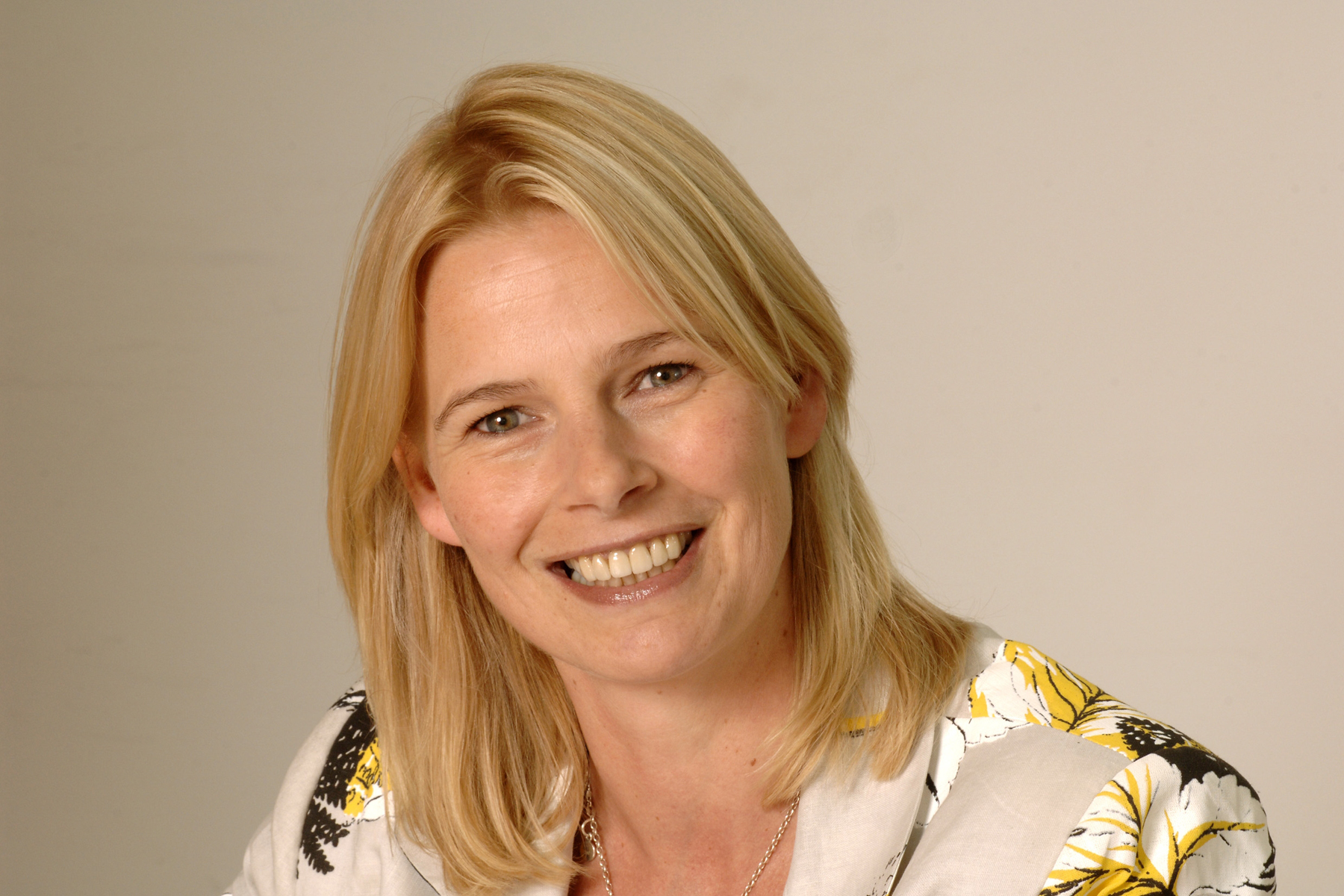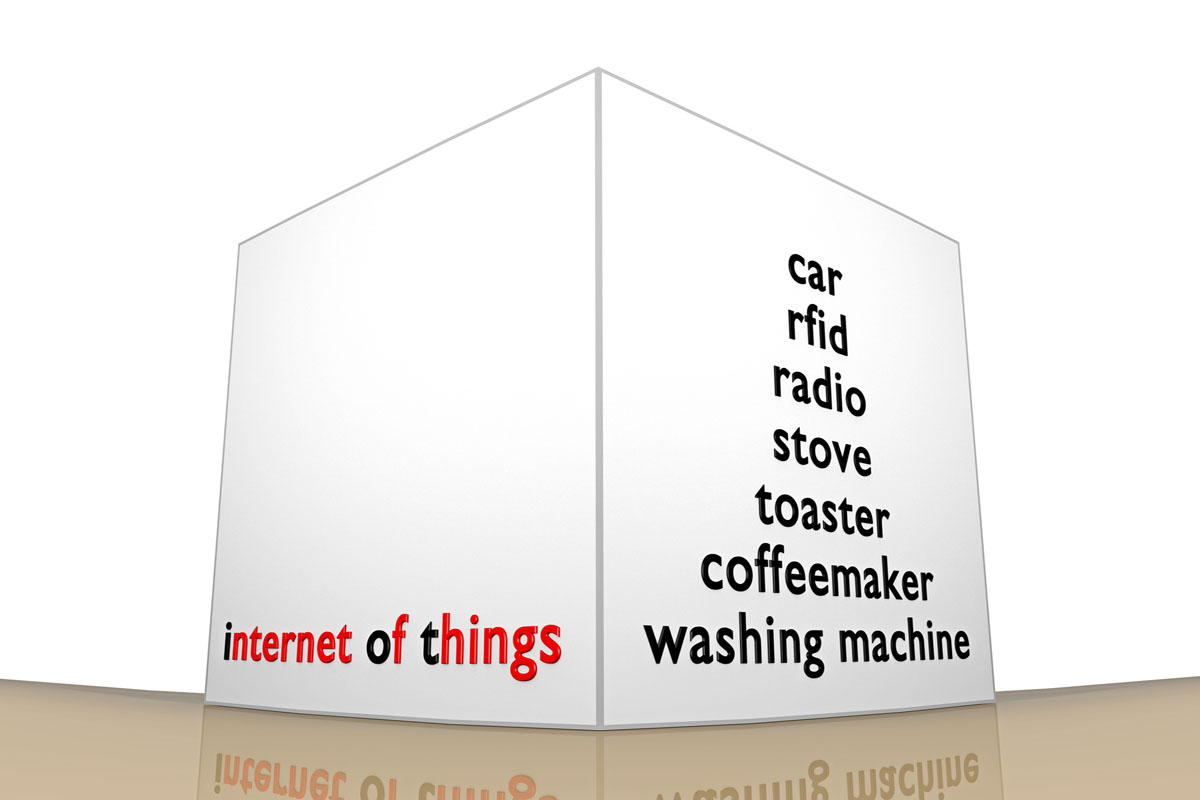Q&A: Vodafone CTO Jeni Mundy on the rise of unified communications
We speak with Vodafone UK's CTO Jeni Mundy to discuss how far remote working and unified communications technologies have come.


Sign up today and you will receive a free copy of our Future Focus 2025 report - the leading guidance on AI, cybersecurity and other IT challenges as per 700+ senior executives
You are now subscribed
Your newsletter sign-up was successful
Remote working is a fine concept. Not only can it boost worker morale, letting employees operate from wherever they want, it can also boost business by allowing customers to get in contact, even when staff are away from the office.
Unfortunately, many businesses still do not provide remote working capabilities, as indicated by a recent Vodafone report.
Are enabling technologies, such as unified communications, ready to support demand? And are companies generally shifting their culture to allow for remote working?
During a trip around Vodafone's headquarters in Newbury this week, IT PRO caught up with UK chief technology officer (CTO) Jeni Mundy on where remote working, and unified communications in particular, are at now and where they are heading.
Is the demand for unified communications now strong?
A third of all firms are saying unified comms is definitely on their radar as something they would look at doing. If you'd have done this research a few years ago I don't think you would have had that many.
I do think it is an enabling trend, around how do I get my workforce enabling, how do I free my business up to be able to respond to customers as the customers want rather than as and where I've wired my technology in.
Sign up today and you will receive a free copy of our Future Focus 2025 report - the leading guidance on AI, cybersecurity and other IT challenges as per 700+ senior executives
Now we're in a place where the technology is mature, it's there, it enables people, it can really deliver for you and your customers. People are now saying I'm serious about having a look at this. I think that's a very positive trend and it just goes to show the fact that flexible working, in it's biggest manifestation, is something that people are actually saying yes, this does matter.'
Is unified comms now cheap enough for businesses outside of the top level firms for the technology to really gain traction?
I'm not going to talk about pricing per se, but yes the appetite we've got, the uptake we've got, the feedback we've had from our customers, this is a great product.
Tom Brewster is currently an associate editor at Forbes and an award-winning journalist who covers cyber security, surveillance, and privacy. Starting his career at ITPro as a staff writer and working up to a senior staff writer role, Tom has been covering the tech industry for more than ten years and is considered one of the leading journalists in his specialism.
He is a proud alum of the University of Sheffield where he secured an undergraduate degree in English Literature before undertaking a certification from General Assembly in web development.
-
 Vodafone and Altice launch €7 billion joint venture in Germany
Vodafone and Altice launch €7 billion joint venture in GermanyNews The British telco currently offers connections to over 24 million homes in Germany, its biggest market
-
 Vodafone to remove Huawei equipment from its core networks
Vodafone to remove Huawei equipment from its core networksNews The decision comes after PM capped Huawei’s involvement in building the UK’s 5G telecoms network
-
 The best 4G network
The best 4G networkIn-depth Every mobile provider offers 4G contracts, but which one is the best for you?
-
 Three asks Ofcom to limit BT's mobile dominance
Three asks Ofcom to limit BT's mobile dominanceNews Three and other mobile operators ask Ofcom again to limit BT's spectrum ownership
-
 76% companies think IoT is crucial for success
76% companies think IoT is crucial for successNews Almost half of companies want to develop their own IoT-based products over the next two years
-
 Three tries to stop Vodafone and BT buying too much spectrum
Three tries to stop Vodafone and BT buying too much spectrumNews The mobile provider has asked Ofcom to step in
-
 Internet of Things tags will monitor Orkney seals population
Internet of Things tags will monitor Orkney seals populationNews Vodafone IoT tags will help St Andrews examine declining population
-
 Qualcomm sells 4G spectrum to Three and Vodafone
Qualcomm sells 4G spectrum to Three and VodafoneNews The two companies wil use L-Band to boost their 4G coverage around the UK


